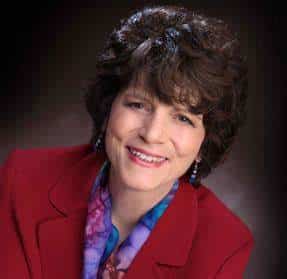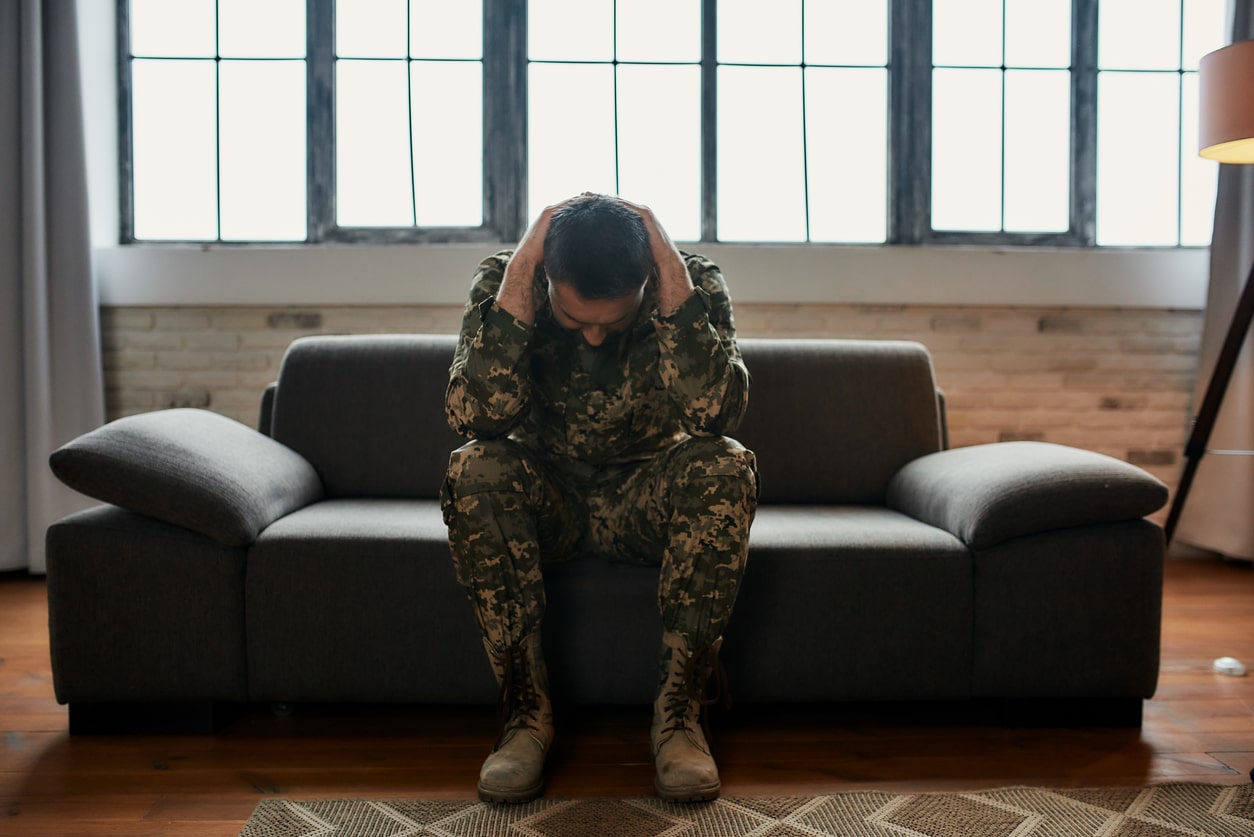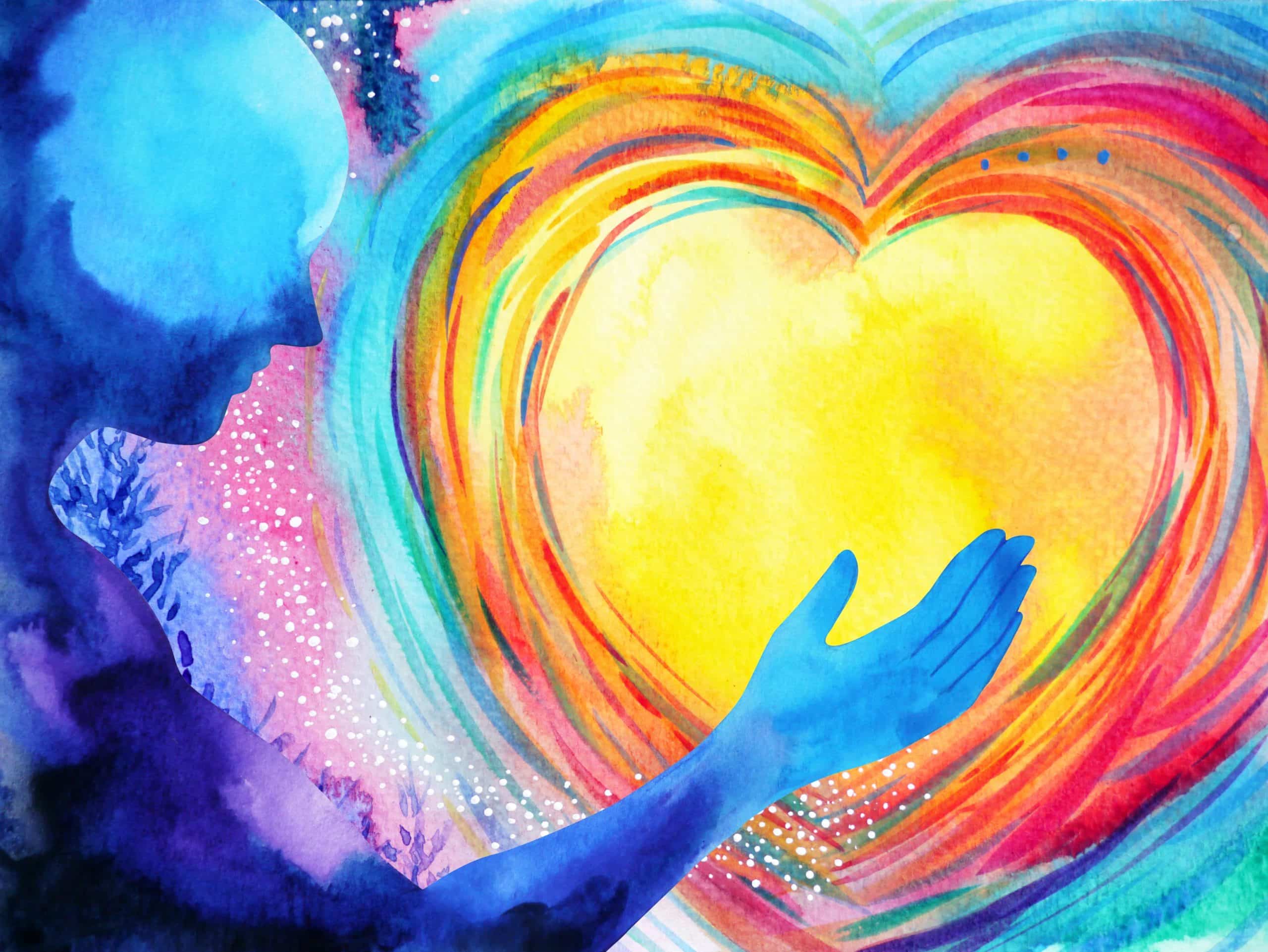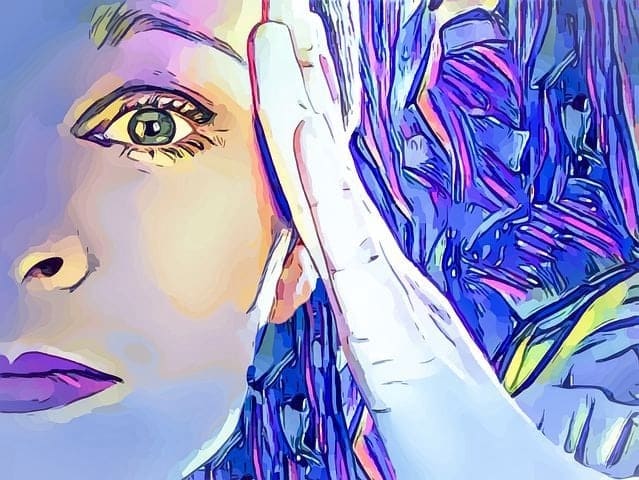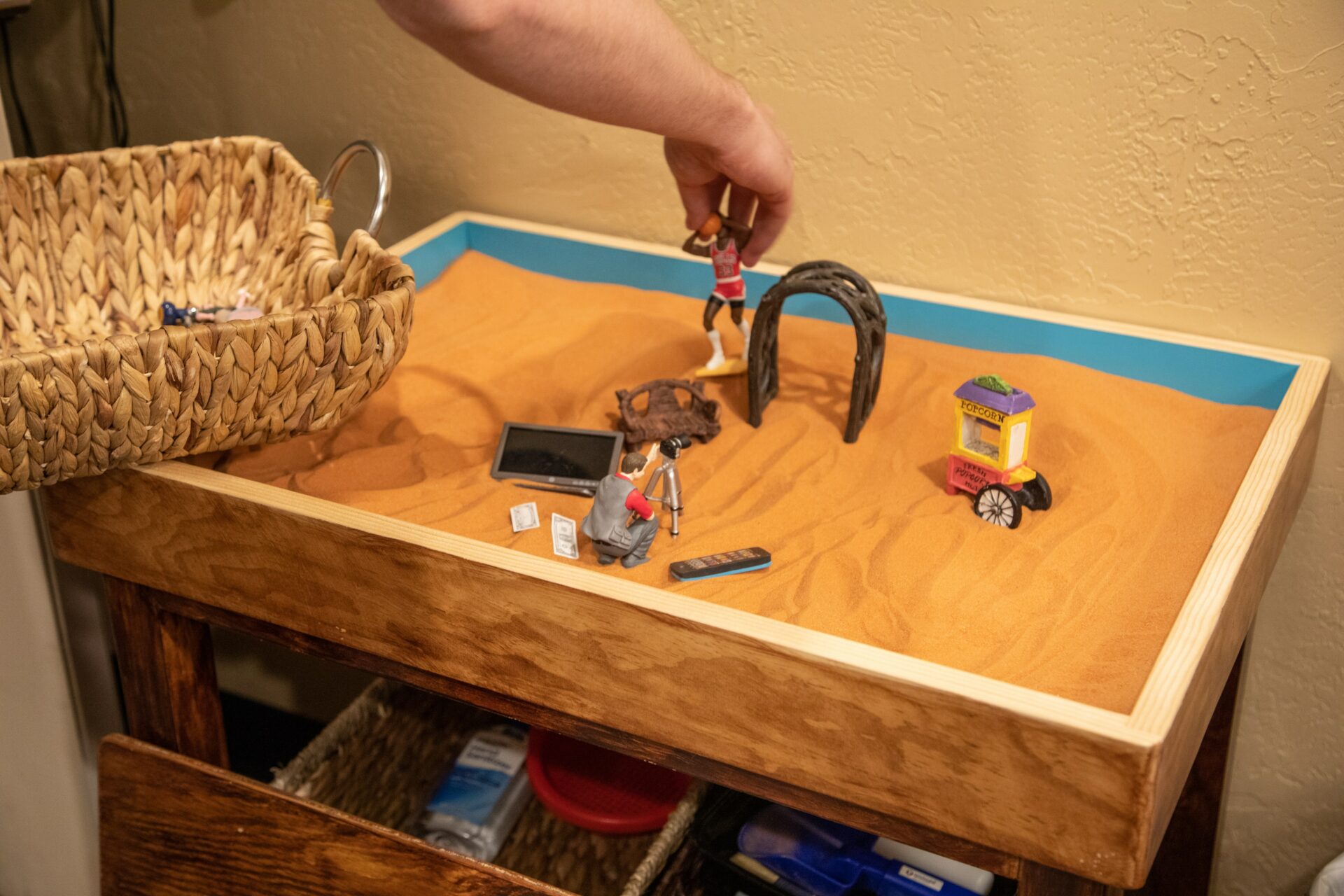
Sand Tray Therapy: What Is It and How Does It Work?
By Anna McKenzie Most of us haven’t played in a sandbox in years, and while we might jokingly refer to a vacation at the beach as “sand therapy,” neither of these activities are officially “therapeutic.” Sand can play a role in treatment, though, in the form of Sand Tray Therapy. Read More




